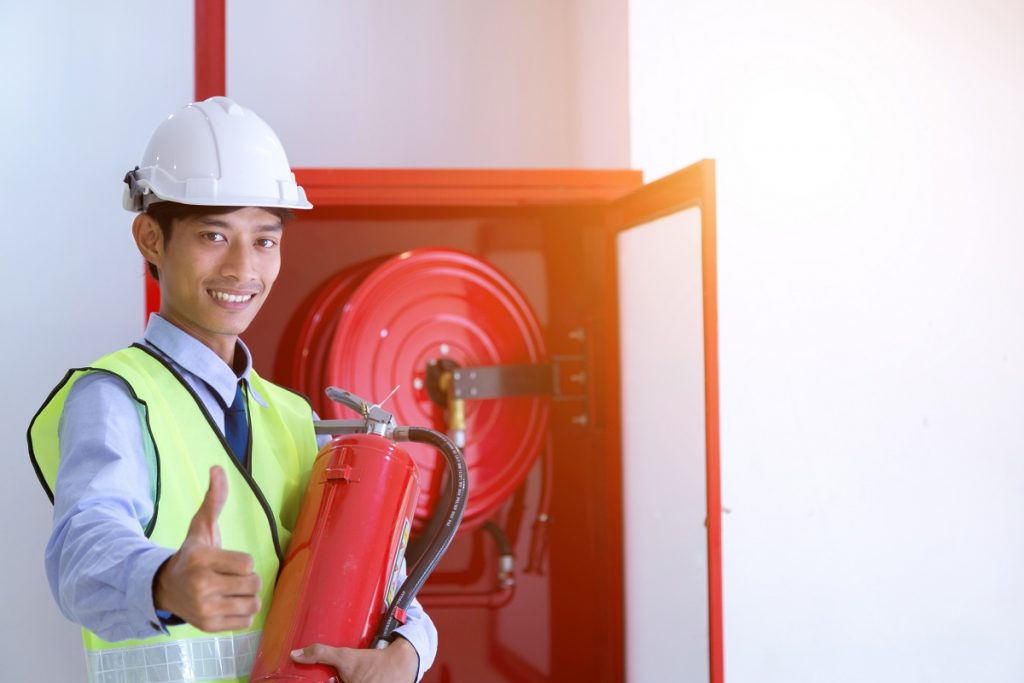Fire-related incidents are common, costly, and sometimes fatal. The Fire and Rescue Services (FRSs) of England reported a total of 582,551 incidents by the end of September 2018. To avoid being a part of this statistic in the UK, it’s not enough for a business to hang fire safety signs. Here are a few practices to fireproof your business:
Following the Fire Safety Codes.
Fire safety codes are there for a reason. There are local, and national fire safety codes for a business to follow, and are even sometimes required before being awarded a business permit to start operations. The basics of fire safety codes require labelled emergency/fire exits, smoke detectors, extinguishers, and properly displayed fire safety signs. It is also worthy of mentioning that you’re more likely to have fewer issues with insurance claims if ever your workplace catches fire and it’s been confirmed that you’ve followed the fire safety codes to the letter.
Fire-Resistant Materials.
Fire requires fuel; the less flammable materials there are, the less likely your workplace will catch on fire. Having your building constructed or remodelled using fire-resistant construction materials might be expensive but well worth the investment; repairs and other damages from fire-related incidents would cost you more. For businesses who are only renting office space, make sure to ask if the building used fire-resistant materials and ensure that it has followed all other fire safety requirements mentioned here.
Fire Protection Systems.
A fire alarm and fire suppression system would be your frontline defence once a fire ever breaks out. A business should also consider whether to have a chemical or non-chemical fire suppression system depending on the nature of its operations. Additionally, as part of the fire safety code, a working fire extinguisher should also be ready and available for use.
Regular Checkup.
Regular checkup and preventive maintenance should have fire safety in mind. During these checkups, a workplace’s wirings, fire protection systems, and fire extinguishers should be checked. Faulty wirings are one of the most common causes of fire, and fire damage could be exacerbated by corroded or malfunctioning fire protection systems and fire extinguishers.
Watch the Clutter (Flammable Objects).
An office should prevent flammable objects and office clutters from possible sources of fire (i.e. having a pile of bond paper near a socket or an open flame is a huge fire risk). Always keep electrical appliances and sockets away from paper or cloth.
Fire Safety Training.
Invest in fire safety training and orientation, and have them undergo regular fire drills. Despite having clearly marked and labelled fire safety signs, an employee should know the fire extinguishers and fire exits by heart. Basic training on how to deal with fires is a must as well: knowing the difference between non-electrical and electrical fire can save the workplace and possibly lives.
Evacuation Plan.

Even the biggest companies, despite having state of the art fire suppression and prevention measures, still have fire-related incidents. It would be best to have an evacuation plan in the off chance of a fire breaking out your almost fire-proofed office. It’s better to have a plan and not use it, than not having one when needed.
Although expensive, a business should invest in making sure that their workplace is as fireproof as possible. Prevention is better (and cheaper) than cure, after all.

